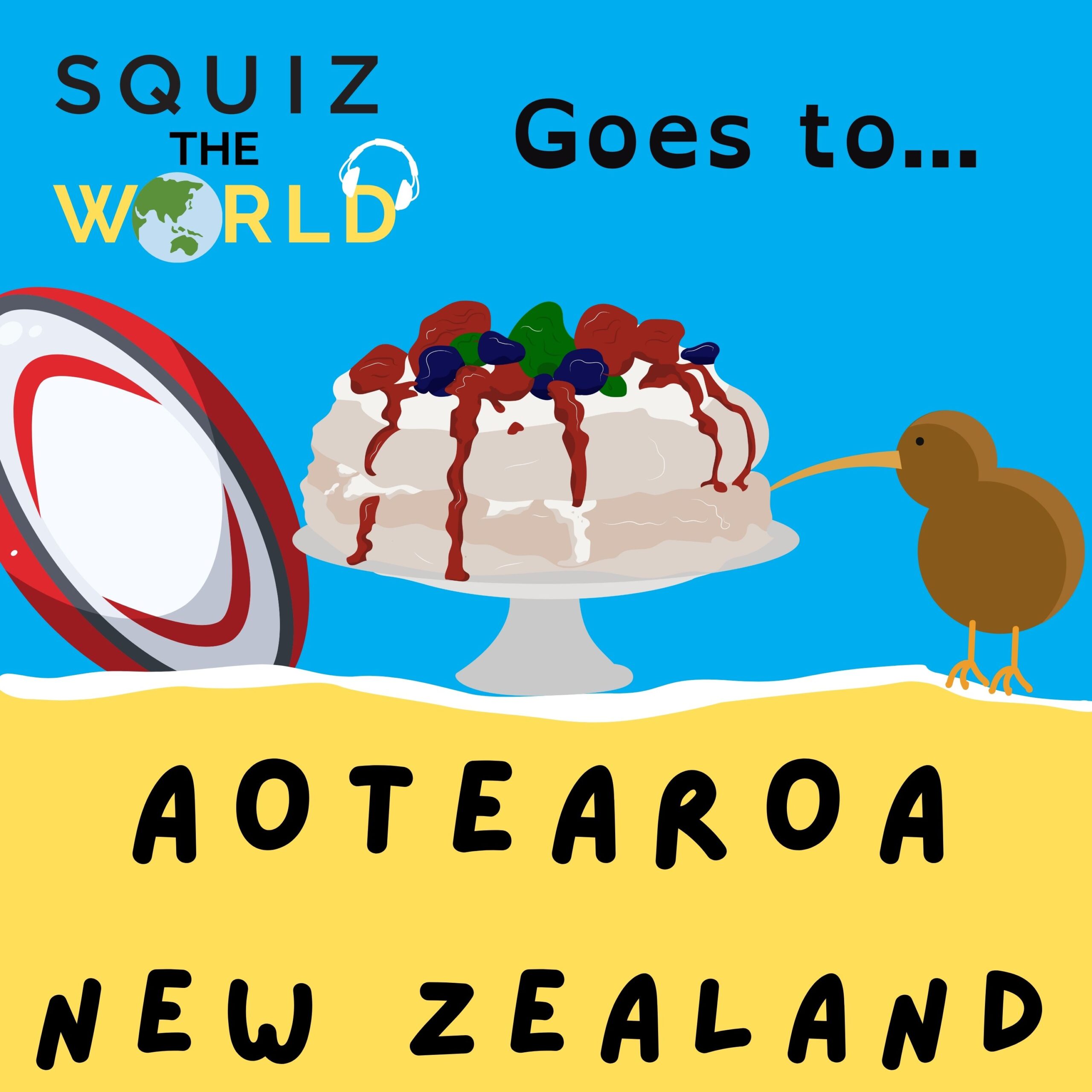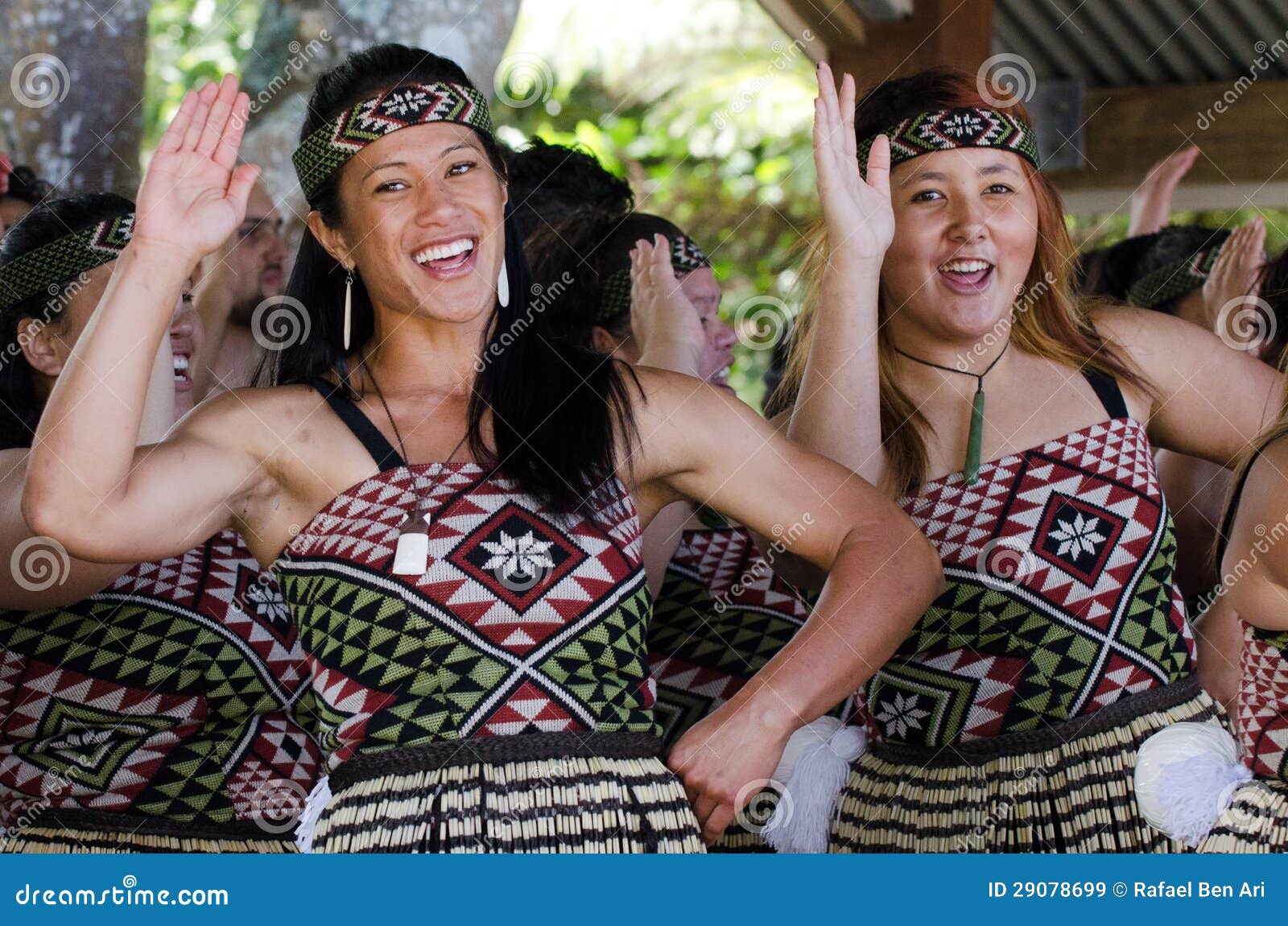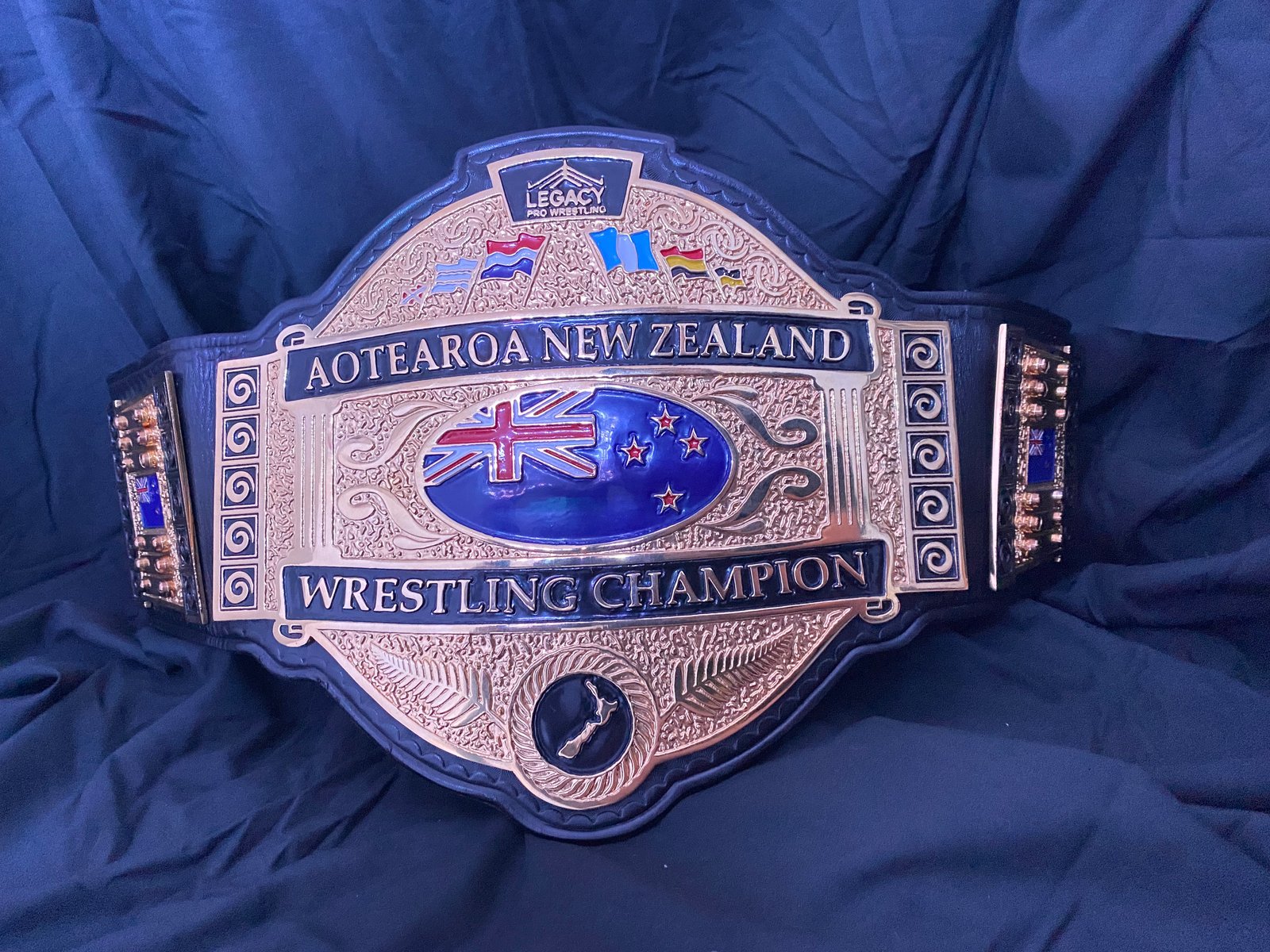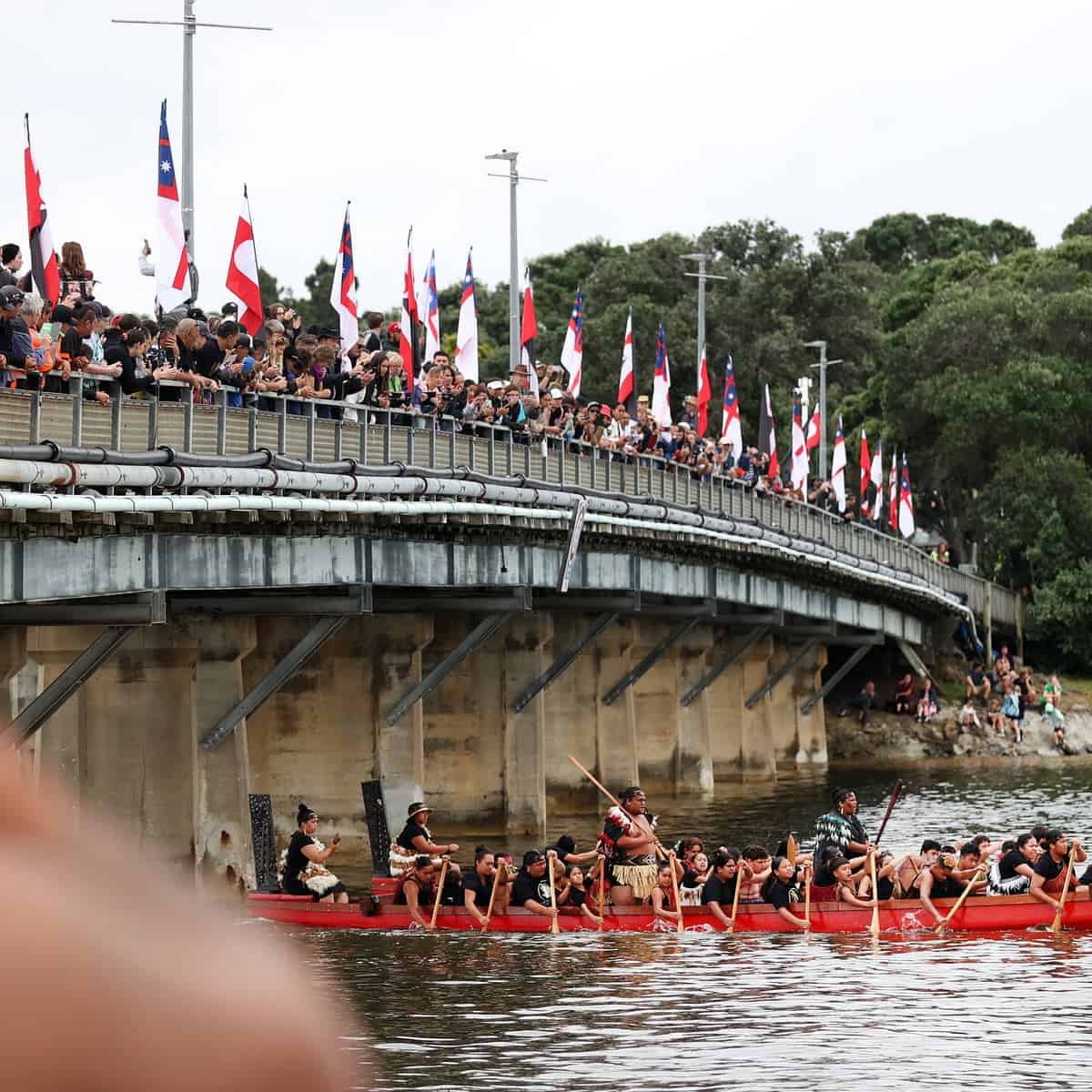Waitangi Day: Celebrating The Bicultural Legacy Of Aotearoa New Zealand is a national holiday commemorated on 6 February annually in New Zealand. Formerly known as New Zealand Day, it was renamed Waitangi Day in 1974 to mark the signing of the Treaty of Waitangi on 6 February 1840. This paramount document established a partnership between the British Crown and various Māori chiefs and has since become a cornerstone of New Zealand's history, identity, and legal framework.
Editor's Notes: "Waitangi Day: Celebrating The Bicultural Legacy Of Aotearoa New Zealand" has been published today, 1st February 2023. given it critical importance to New Zealand's cultural fabric and shared heritage between Māori and non-Māori New Zealanders.
In this guide, we will delve into the significance of Waitangi Day, exploring its historical context, cultural impact, and ongoing relevance in contemporary New Zealand society.
Key Differences Or Key Takeaways
| Date | Significance |
|---|---|
| 6th February | Commemorates the signing of the Treaty of Waitangi in 1840. |
| National Holiday | Public holiday observed throughout New Zealand. |
Transition to main article topics
FAQ
This FAQ section provides answers to frequently asked questions and clarifies common misconceptions surrounding Waitangi Day, a significant cultural observance in Aotearoa New Zealand.
Question 1: What is the significance of Waitangi Day?
Waitangi Day commemorates the signing of the Treaty of Waitangi in 1840, a historical agreement between the British Crown and Māori chiefs that established British sovereignty over New Zealand while recognizing Māori rights and autonomy.

Squiz The World - Aotearoa / New Zealand - Source www.squizkids.com.au
Question 2: Is Waitangi Day a public holiday?
Yes, Waitangi Day is a national public holiday in New Zealand. It is typically observed on February 6th, the anniversary of the signing of the Treaty of Waitangi.
Question 3: How is Waitangi Day celebrated?
Waitangi Day is celebrated with various events and activities across New Zealand. These may include traditional Māori cultural performances, speeches, discussions on the Treaty of Waitangi, and community gatherings.
Question 4: Is Waitangi Day a controversial holiday?
Yes, Waitangi Day can be a topic of debate and controversy. Some Māori view it as a day of mourning, as the Treaty of Waitangi has been the subject of ongoing disputes and breaches.
Question 5: What are the current debates surrounding Waitangi Day?
Contemporary debates surrounding Waitangi Day focus on issues such as the ongoing impact of the Treaty of Waitangi, the recognition of Māori rights and sovereignty, and the need for reconciliation between Māori and non-Māori New Zealanders.
Question 6: How can I learn more about Waitangi Day?
There are numerous resources available to learn more about Waitangi Day, including books, documentaries, and online articles. Visiting the official Waitangi Day website is also a valuable source of information.
Summary: Waitangi Day is a complex and multifaceted holiday that holds deep significance for both Māori and non-Māori New Zealanders. Understanding its history, controversies, and contemporary relevance is crucial for fostering a nuanced and informed understanding of New Zealand's bicultural heritage.
Transition to the next article section:
Tips
Waitangi Day is an important holiday that celebrates the bicultural heritage of Aotearoa New Zealand. There are many ways to celebrate Waitangi Day and learn more about the history and culture of New Zealand.Waitangi Day: Celebrating The Bicultural Legacy Of Aotearoa New Zealand
Tip 1: Attend a Waitangi Day event.
Many Waitangi Day events are held throughout New Zealand, including concerts, parades, and cultural performances. Attending a Waitangi Day event is a great way to learn more about Maori culture and history, and to celebrate the bicultural legacy of New Zealand.
Tip 2: Learn about the Treaty of Waitangi.
The Treaty of Waitangi is the founding document of New Zealand. It was signed in 1840 between the British Crown and Maori chiefs. The Treaty of Waitangi is an important part of New Zealand's history, and it has shaped the relationship between Maori and non-Maori New Zealanders.
Tip 3: Visit a Maori cultural centre.
Maori cultural centres are a great way to learn more about Maori culture and history. Visitors can learn about traditional Maori arts and crafts, watch cultural performances, and meet Maori people.
Tip 4: Take part in a kapahaka performance.
Kapahaka is a traditional Maori performing art that includes singing, dancing, and chanting. Kapahaka performances are a great way to experience Maori culture and to learn more about Maori history and traditions.
Tip 5: Read books and watch films about Maori culture.
There are many books and films available about Maori culture. Reading and watching these resources can help you learn more about Maori history, culture, and traditions.
These are just a few tips for celebrating Waitangi Day. By following these tips, you can learn more about the bicultural heritage of Aotearoa New Zealand and celebrate the important role that Maori culture plays in New Zealand society.
Waitangi Day: Celebrating The Bicultural Legacy Of Aotearoa New Zealand
Waitangi Day commemorates the signing of the Treaty of Waitangi, which established a partnership between the British Crown and Māori chiefs. This day holds great significance as it recognizes the unique bicultural heritage of New Zealand and celebrates the ongoing relationship between Māori and non-Māori New Zealanders. Exploring the key aspects of Waitangi Day provides insights into its historical, cultural, and contemporary relevance.

Waitangi Day and Festival - New Zealand Public Holiday 2013 Editorial - Source www.dreamstime.com
- Historical Significance: Commemorating the signing of the Treaty of Waitangi
- Bicultural Legacy: Celebrating the partnership between Māori and non-Māori New Zealanders
- Treaty of Waitangi: Recognizing the partnership established between the British Crown and Māori chiefs
- Cultural Exchange: Showcasing traditional Māori art forms, performances, and customs
- Contemporary Relevance: Reflecting on the ongoing relationship between Māori and non-Māori New Zealanders
- National Unity: Emphasizing the shared values and common goals that unite New Zealanders
These aspects collectively highlight the multifaceted nature of Waitangi Day, which honors the historical agreement, celebrates the bicultural heritage, fosters cultural exchange, promotes contemporary relevance, and strengthens national unity. The day serves as a reminder of the ongoing journey of reconciliation, partnership, and collaboration between Māori and non-Māori New Zealanders, working together to shape the future of Aotearoa New Zealand.

Legacy Pro Wrestling Aotearoa New Zealand Championship Replica - Source wrestlingcollectiblesnz.bigcartel.com
Waitangi Day: Celebrating The Bicultural Legacy Of Aotearoa New Zealand
Waitangi Day commemorates the signing of the Treaty of Waitangi in 1840, a pivotal document that established a partnership between the British Crown and Māori. This treaty laid the foundation for New Zealand's bicultural legacy, recognizing the rights and responsibilities of both Māori and non-Māori New Zealanders. Waitangi Day is a time to reflect on this unique partnership and celebrate the diverse cultural heritage of Aotearoa New Zealand.

Celebrate Waitangi Day in New Zealand: A Day of Unity and Heritage - Source hellokidsfun.com
The Treaty of Waitangi has had a profound impact on New Zealand's history and society. It has shaped the country's legal system, political landscape, and cultural identity. The treaty has also been the subject of ongoing debate and controversy, as different groups have sought to interpret its meaning and implications. Despite these challenges, the Treaty of Waitangi remains a cornerstone of New Zealand's bicultural heritage and a reminder of the importance of partnership and cooperation.
Waitangi Day is an opportunity to learn about the Treaty of Waitangi and its significance for New Zealand. It is also a time to celebrate the country's unique bicultural legacy and to reflect on the challenges and opportunities that lie ahead. As New Zealand continues to grapple with its colonial past and its aspirations for a more just and equitable future, Waitangi Day serves as a reminder of the importance of dialogue, understanding, and partnership.
Table: Key Insights on Waitangi Day: Celebrating The Bicultural Legacy Of Aotearoa New Zealand
| Key Insight | Explanation |
|---|---|
| The Treaty of Waitangi established a partnership between the British Crown and Māori. | This partnership laid the foundation for New Zealand's bicultural legacy. |
| The Treaty of Waitangi has had a profound impact on New Zealand's history and society. | It has shaped the country's legal system, political landscape, and cultural identity. |
| Waitangi Day is an opportunity to reflect on the Treaty of Waitangi and its significance for New Zealand. | It is also a time to celebrate the country's unique bicultural legacy. |



